
« The way in which a care product is designed and developed gives it its soul and effectiveness » Nathalie GRITTI, Nathalie GRITTI, founder of BEYOND MEN'S CARE
We are committed on all fronts, to ensure the well-being of all people and the planet.
We will never compromise on the demanding formulations of our products, nor on our local and responsible sourcing, as our international certifications attest.
Every day we act to improve our social responsibility and respect for animals and the planet.
It took several years of R&D to formulate our products.
We have succeeded in going beyond organic, developing 100% natural formulas, using the latest generation of natural preservatives that guarantee perfect harmlessness.
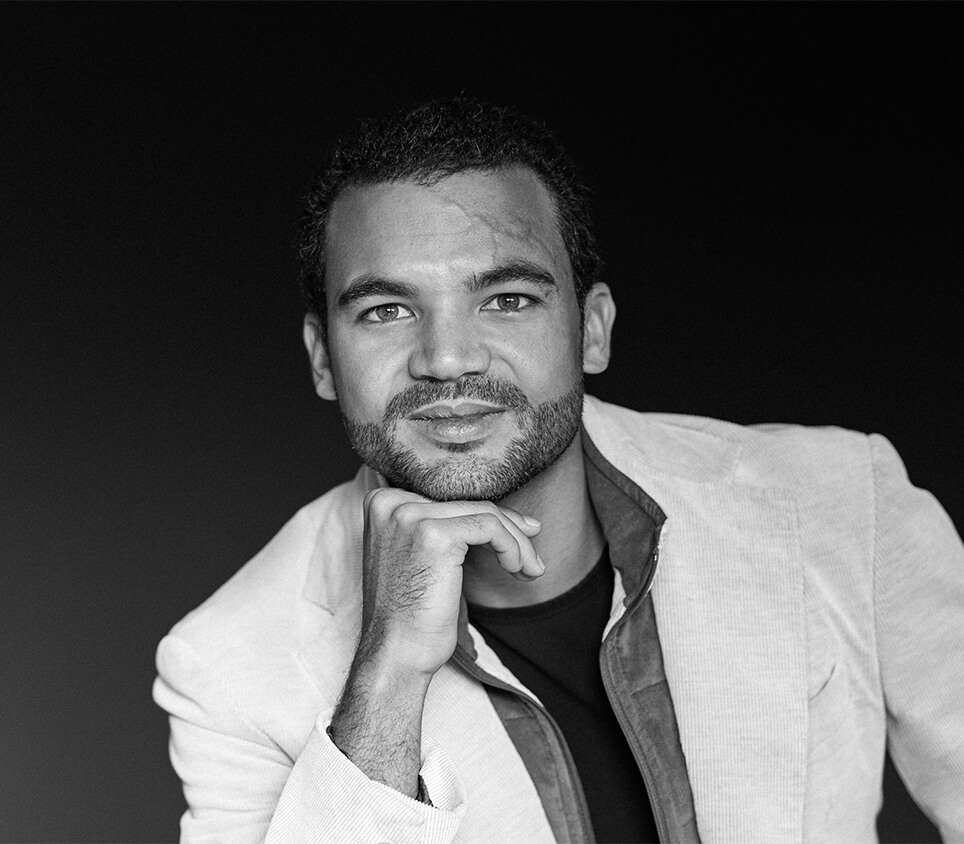

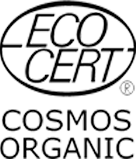
The Cosmos Organic label guarantees:
- High quality organic ingredients
- Exclusion of ALL controversial ingredients
- Processes that respect natural resources and the environment
- Careful control from supply chain to production
- Ecocert, the world's No. 1 cosmetics certification body (operating in over 130 countries)
More about the Cosmos label
https://www.cosmos-standard.org/?lang=fr
Peta
- No. 1 in the world for animal protection.
- Vegan products
- Products without animal abuse
More about Peta:
https://www.peta.org
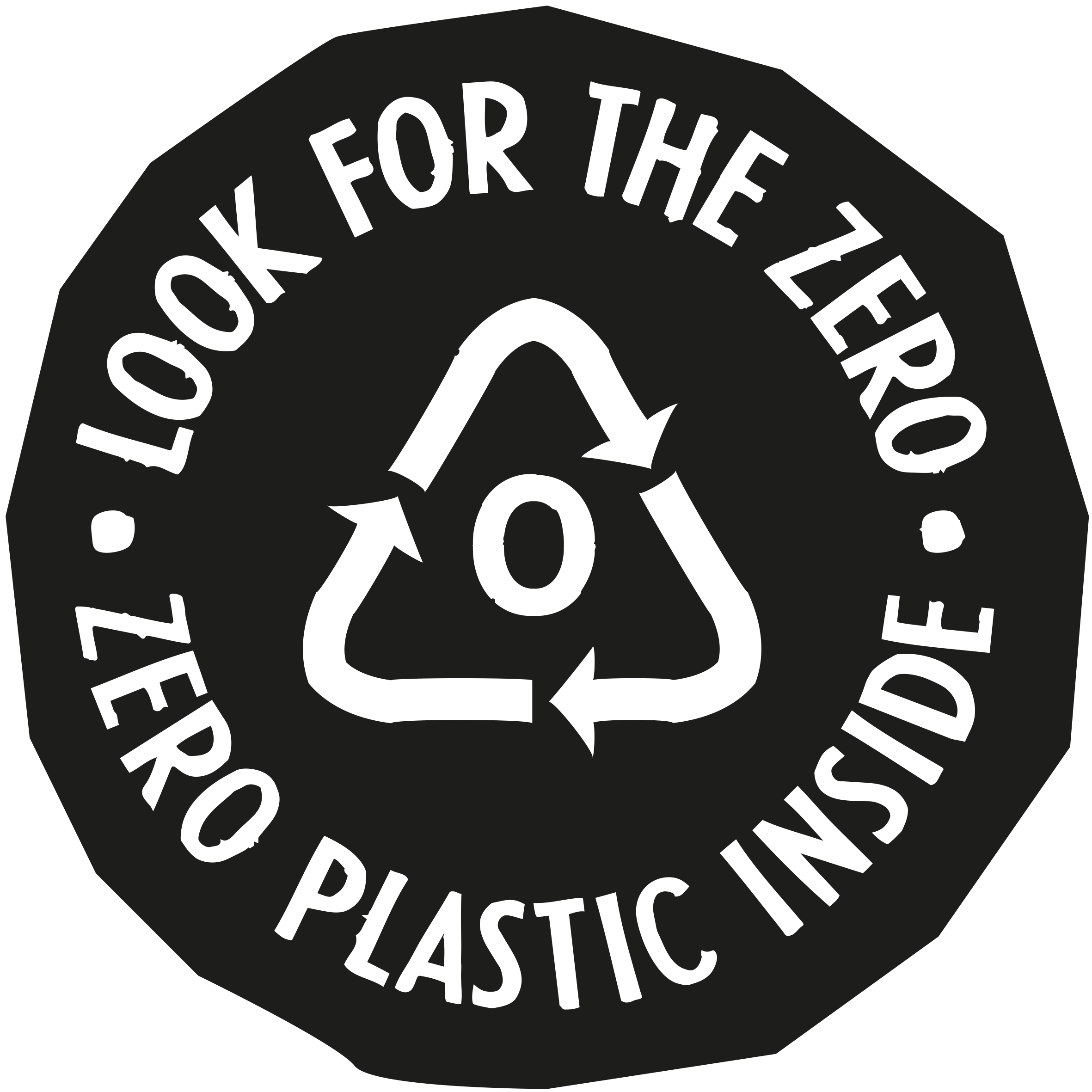
The Zero plastic inside label guarantees:
- No microplastics in our cosmetics
- “No plastic in our Water or our Bodies”
Learn more about The Plastic Soup Foundation:
https://www.plasticsoupfoundation.org/en/
https://www.plasticsoupfoundation.og/en/what-we-do/health/plastic-health-summit/
https://www.plasticsoupfoundation.org/en/what-we-do/microplastics/beat-the-microbead/

We have chosen to work with local suppliers, mainly in Switzerland. The rest of our suppliers for our raw materials are located in France and Germany.
Edenweb Sàrl, Geneva
Johann Terrettaz Twice2 design studio, Geneva
Stéphanie Page, photography, Nyon
MFL-Projects, Geneva
JFN Consulting, Geneva
Models :
Thanks to Adrien, Etienne, Evy, Guillaume, Julien-François, Loïc, Marco, Nassim, Philippe, Veronica (mother), Sophia (daughter), Teodoro, Victor and Victoria
.jpg)
Our bottles are made of infinitely recyclable glass and aluminum. Our cardboard and paper are recyclable and use vegetable inks.
We minimize and constantly strive to reduce the use plastic for packaging and transport. Sourced mainly in Switzerland or in the EU.

In Switzerland, our logistics service is provided by PRO Geneva, which employs disabled workers.
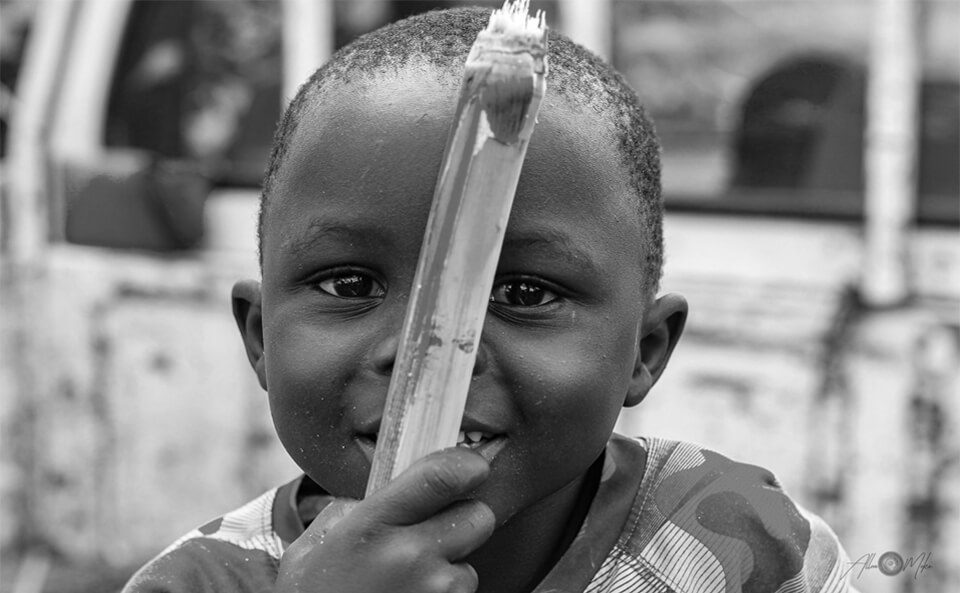
Our shea butter comes from Burkina Faso and Ghana. It is part of a program that supports 12,000 families,
Our supplier of organic vegetable oils and butters is located in Germany and has joined the Business Social Compliance Initiative
Our silica is sourced from sustainably managed mines in Australia.
Our Copaiba oil enables Amazonian Indians and their families to obtain a guaranteed fair income while protecting their ecological environment from deforestation.
Our phytosqualane comes from a production certified by the United Nations Global Compact, a voluntary international movement of companies committed to sustainable development.
Our jojoba oil provides an income for people living in inhospitable areas with few employment opportunities.
Our tiger grass extract (Centella Asiatica) is produced by a Swiss laboratory certified by CSE: Certified Sustainable Enterprise.
Our Maclura Cochichinensis extract is sourced from Australia. It is harvested sustainably as the extract comes from the leaves, so the plant is not sacrificed.
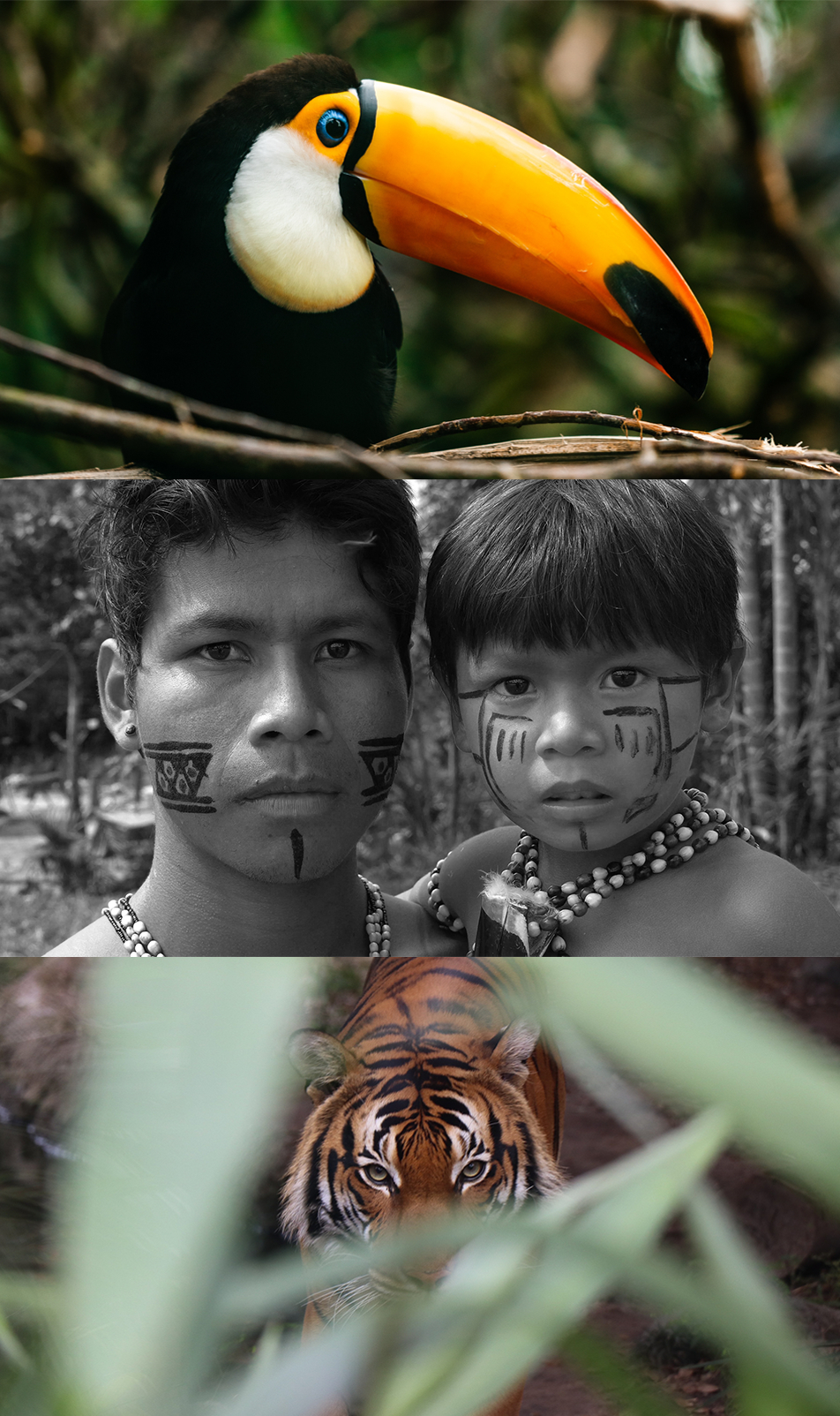

Our organic grape seed oil is certified by the Ethical BioTrade Standard (UEBT) which requires practices that respect biodiversity, (the diversity of life on earth)
Our Pentylene Glycol has been developed through a patented eco-friendly manufacturing process. This process is based on the valorisation of two natural wastes, sugar cane bagasse and corn cobs, and on the use of renewable chemistry to create a high-quality cosmetic ingredient
Our Swiss Organic Ethanol (registered trademark) is produced by a Swiss company and meets the highest requirements, even exceeding those of the European Pharmacopoeia.
Our Copaiba essential oil comes from a pioneer and specialist in organic aromatherapy located in a natural park in the French region, which is home to a preserved nature and a great botanical diversity, allowing the organic cultivation of many plants.
Our tea tree hydrosol supplier works in partnership with small-scale farmers in Kenya, who grow and sell their products to us. This model ensures a fair and reliable income for farmers and builds community capacity.